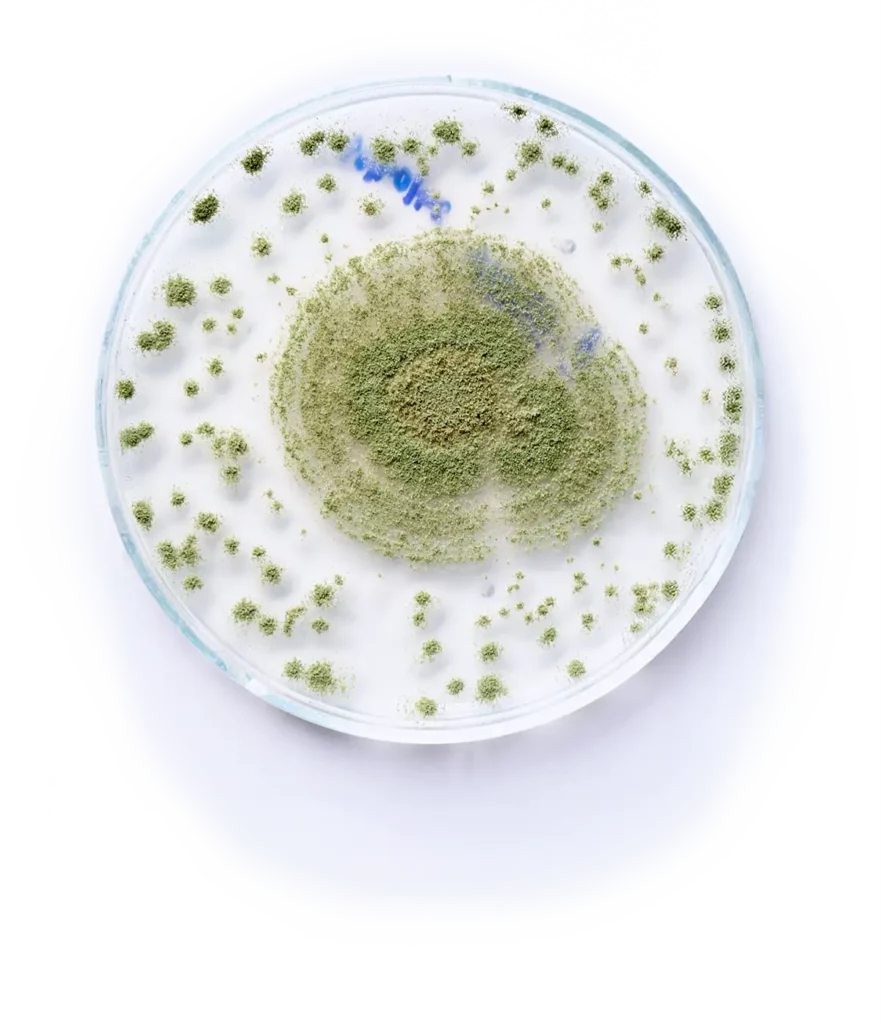In the rapidly evolving cannabis and hemp industries, few safety concerns are as crucial as Aspergillus contamination in cannabis and hemp. This common fungus poses significant health risks, especially for immunocompromised consumers. Aspergillus has become a topic of industry-wide focus as new regulations and elevated safety standards emerge.
To shed light on this issue, Alec Dixon of SC Labs shares his expert insights on the risks posed by Pathogenic Aspergillus, the importance of robust testing, and the proactive steps cultivators, manufacturers, retailers, and consumers can take to ensure cannabis safety.
Welcome Alec, can you briefly introduce SC Labs and your role within the company?
Question:What exactly is Aspergillus, and why is it a concern for cannabis and hemp consumers?
Question:Let’s deep dive a bit more. Why is Aspergillus such a significant health and safety concern for cannabis and hemp consumers?
Question:How are current testing standards evolving to address Aspergillus in cannabis products?
Question:What testing procedures does SC Labs implement to detect Aspergillus in cannabis and hemp products?
Question:What should retailers be doing to protect their consumers from Aspergillus contamination?
Question:With microbial contamination becoming more of a consumer concern, are we seeing more transparency from brands about their testing processes?
Question:Are there any specific ways that testing labs, like SC Labs, are helping to drive these safety standards forward in the cannabis and hemp industries?
Wrapping Up:
The issue of Aspergillus contamination in cannabis products is significant, and a thorough microbial testing protocol is crucial for safeguarding consumer health. The rise of standards across state and globally – such as Cat4 or Category 4 Testing – reflects a broader commitment to safety, as the industry works to ensure that products are free from contaminants like Aspergillus.
SC Labs continues to lead the charge in delivering advanced testing protocols, supporting retailers, cultivators, and consumers in maintaining the highest safety and quality standards. With ongoing developments in regulatory requirements and consumer awareness, the focus on Aspergillus and microbial testing will only become more prominent in setting a new and crucially-needed standard of trust and safety in the cannabis industry.
* Disclaimer: “Category 4” is not a classification similar to Category 1 and 2—it is a term presently being used to describe testing beyond what is currently required on the Department of Cannabis Control (DCC) regulatory panel. Category 4 testing is for R&D testing only. At present, there are no safe amounts established, and there are no action limits.


